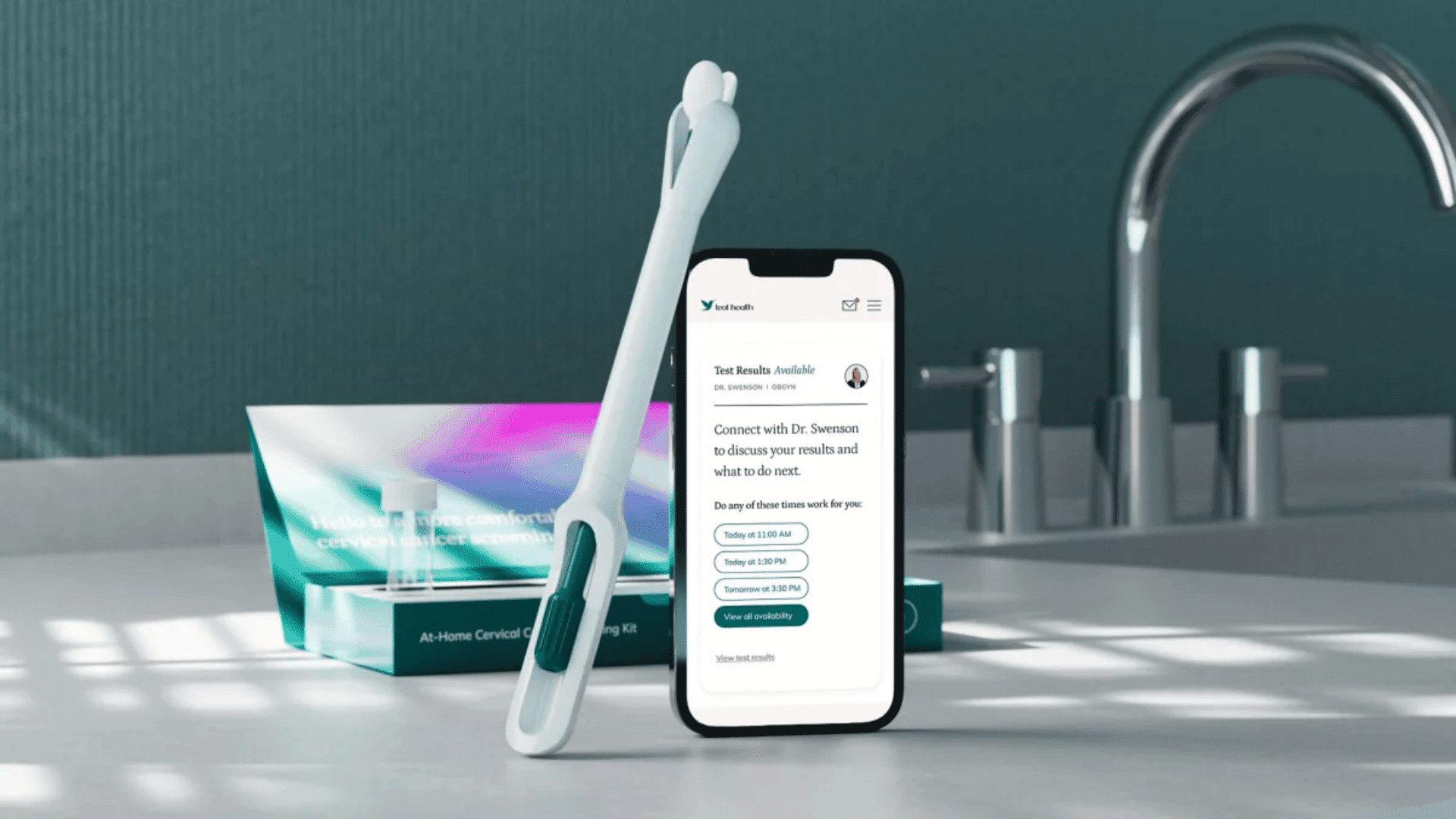A startup called Teal Health created the first at-home test for cervical cancer screening that received FDA approval. The accuracy of Teal’s self-testing wand matched that of cancer screening in a doctor’s office in clinical trials.
First FDA-Approved Screening Tool

On Friday, the U.S. Food and Drug Administration approved the San Francisco-based startup’s test. The firm began developing the test over five years ago with the goal of making cervical cancer screenings more accessible via telehealth, eliminating the need to set up a doctor’s appointment.
“The pandemic showed everyone that telehealth is a thing that is preferred … and made it easier to get care for most Americans,” Kara Egan, CEO of Teal Health, stated to CNBC, adding that Covid demonstrated “at-home testing was a thing that people could handle and really understand.”
The FDA declared the tool a breakthrough because of its 96% accuracy rate, which is comparable to that of in-office screening administered by a clinician. The wand will be available first in California beginning in June of this year.
Though the American Cancer Society recommends women get scanned for cervical cancer every three years beginning at age 21, Egan stated that 1 in 4 women fall behind in part because it’s difficult to find time for an in-person gynecologist appointment. Teal Health is in talks with insurance carriers to designate the test as preventative screening, which would allow it to be covered without a copay.
To use the firm’s new tool, “you request a kit at the Teal website, meet with a provider who prescribes the kit, then comfortably and privately collect at home and mail to the lab to process on the Roche Cobas HPV test,” Egan said to CNN.
“The results are then reviewed by a clinician and shared back,” she continued. “If the results are positive, a provider will meet with you and refer you to any required follow-up.”
Prior to its FDA approval, Teal Health raised $10 million in its latest round of funding in January 2025. FemHealth Ventures managing partner Maneesha Ghiya stated that, while investors are now more cautious, interest in women’s health tech is increasing.
“Many more people are thinking about women’s health more broadly and supporting these types of innovations — and that includes from the large, established players like medtech, pharma, biotech, large public companies that are thinking more broadly about women’s health,” Ghiya said.


